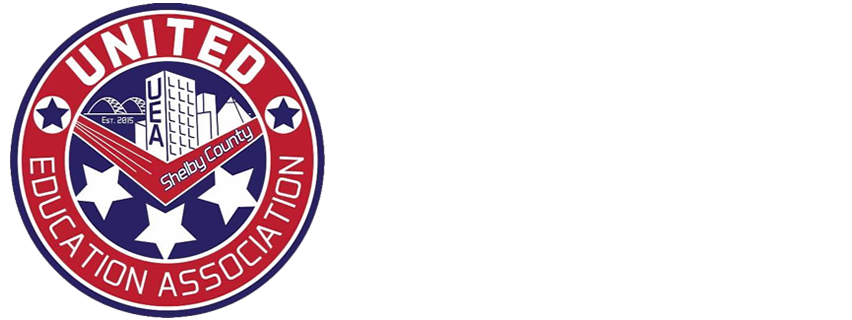Code of Ethics
CODE OF ETHNICS
Code of Ethics of the Tennessee Education Association
Adopted by the TEA Representative Assembly, April 1978
Adopted by the UEA Representative Assembly, September 2015
PREAMBLE to the Code of Ethics
The educator, believing in the worth and dignity of each human being, recognizes the supreme importance of the pursuit of truth, devotion to excellence, and the nurture of democratic principles. Essential to these goals is the protection of freedom to learn and to teach and the guarantee of equal educational opportunity for all. The educator accepts the responsibility to adhere to the highest ethical standards.
The educator recognizes the magnitude of the responsibility inherent in the teaching process. The desire for the respect and confidence of one’s colleagues, of students, of parents and of the members of the community provides the incentive to attain and maintain the highest possible degree of ethical conduct.
The Code of Ethics of the Education Profession indicates the aspiration of all educators and provides standards by which to judge conduct.
PRINCIPLE I COMMITMENT TO THE STUDENT
The educator strives to help each student realize his or her potential as a worthy and effective member of society. The educator therefore works to stimulate the spirit of inquiry, the acquisition of knowledge and understanding, and the thoughtful formulation of worthy goals.
In fulfillment of the obligation to the student, the educator —
- Shall not unreasonably restrain the student from independent action in the pursuit of learning.
- Shall not unreasonably deny the student access to varying points of view.
- Shall not deliberately suppress or distort subject matter relevant to the student’s progress
- Shall make reasonable effort to protect the student from conditions harmful to learning or to health and safety.
- Shall not intentionally expose the student to embarrassment or disparagement.
- Shall not on the basis of race, color, creed, sex, national origin, marital status, political or religious beliefs, family, social or cultural background, or sexual orientation unfairly:
- Exclude any student from participation in any program;
- Deny benefits to any student;
- Grant any advantage to any student
- Shall not use professional relationships with students for private advantage.
- Shall not disclose information about students obtained in the course of professional service, unless disclosure serves a compelling professional purpose or is required by law.
PRINCIPLE II COMMITMENT TO THE PROFESSION
The education profession is vested by the public with a trust and responsibility requiring the highest ideals of professional service.
In the belief that the quality of the services of the education profession directly influences the nation and its citizens, the educator shall exert every effort to raise professional standards, to promote a climate that encourages the exercise of professional judgment, to achieve conditions which attract persons worthy of the trust to careers in education, and to assist in preventing the practice of the profession by unqualified persons.
In fulfillment of the obligation to the profession, the educator:
- Shall not in an application for a professional position deliberately make a false statement or fail to disclose a material fact related to competency and qualifications.
- Shall not misrepresent his/her professional qualifications.
- Shall not assist entry into the profession of a person known to be unqualified in respect to character, education, or other relevant attribute.
- Shall not knowingly make a false statement concerning the qualifications of a candidate for a professional position.
- Shall not assist a non-educator in the unauthorized practice of teaching.
- Shall not disclose information about colleagues obtained in the course of professional service unless the disclosure serves a compelling professional purpose or is required by law.
- Shall not knowingly make false or malicious statements about a colleague.
- Shall not accept any gratuity, gift, or favor that might impair or appear to influence professional decisions or actions.
